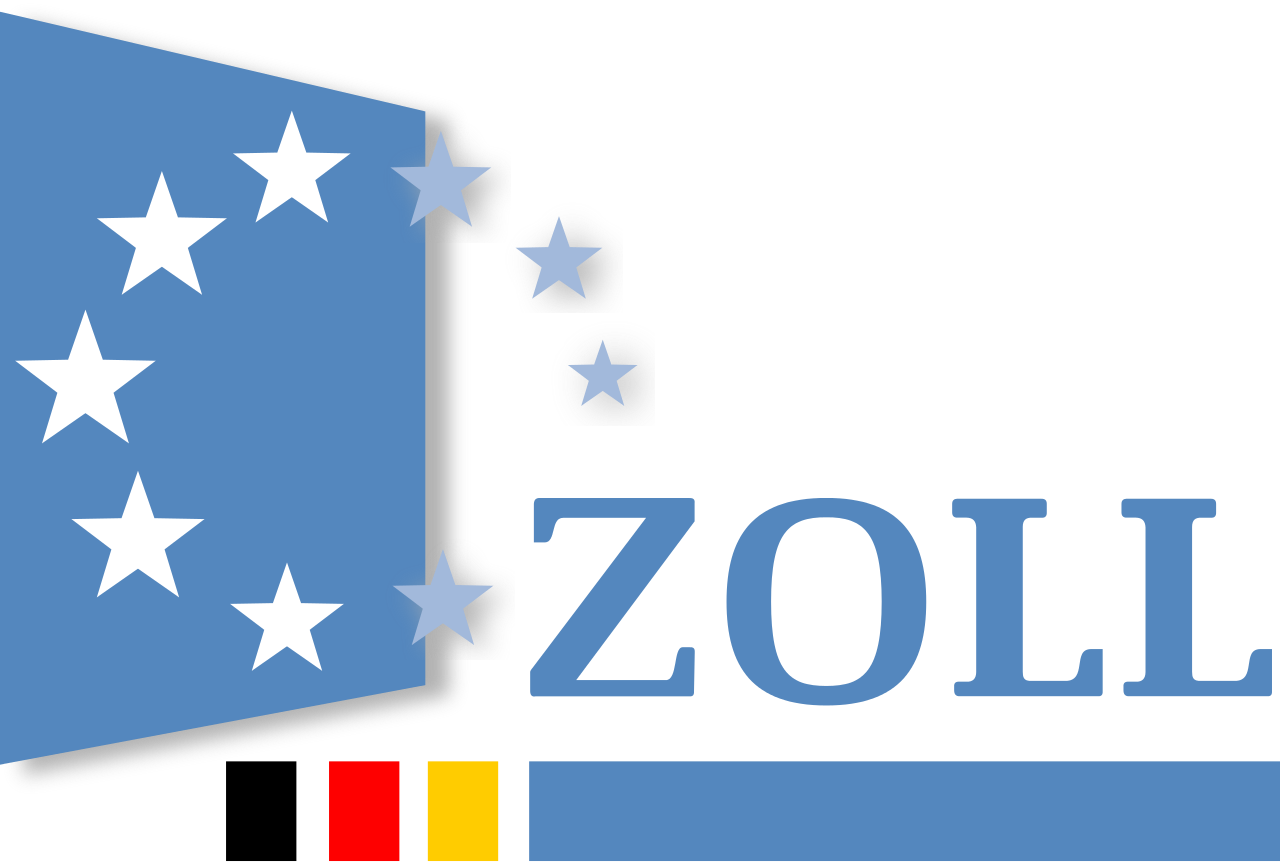Zollamt Inspection
In the previous article, we reminded what basic duties rest on employers delegating employees to Germany. It also mentioned an additional, often overlooked notification obligation towards the Zollamt concerning most industries, including those covered by collective agreements. So, for the purpose of an inspection, is it enough that the employer provides the delegated employees with appropriate working conditions, adequate to the country of posting, and fulfils the obligation to notify the Customs Office? Unfortunately, not always.
In the case of most industries and all professions covered by collective labour agreements, there are additional documentation obligations, failure to comply with which involves severe sanctions, not only for employers delegating employees or employers using employment agency services, but also for the employees themselves.
Sanctions
A negative result of an inspection by the German Customs Office may result in heavy fines, and in some industries even in the inability to conduct business. Below is a list of some administrative penalties at the disposal of the Zollamt:
- A fine of up to EUR 500,000 threatened for failing to ensure the minimum employment conditions specified in German labour law, failure to pay the mandatory contribution to the holiday fund on time, failure to pay a temporary worker the minimum hourly wage for posted hours, refusal to allow customs officers to inspect or lack of cooperation during the inspection;
- A fine of up to EUR 30,000 threatened for failure to fulfil documentation obligations regarding the preparation of working time records and translations, failure to appoint a proper representative, failure to implement and refusal to allow customs officers to conduct an inspection or lack of cooperation during it;
In the case of being fined at least EUR 2,500 for violation of administrative regulations, the employer may be temporarily excluded from participation in public procurement tenders for supplies, construction, or services. Furthermore, all fines over EUR 200 will be entered in the German commercial register (Handelsregisterportal).
A kind of informal sanction can be considered the high likelihood of another Zollamt inspection to ensure that the entrepreneur has rectified the identified irregularities in accordance with the law.
So how to prepare for an inspection and avoid penalties? First, be sure what kind of regulations apply to us and comply with the legally prescribed additional obligations. Below we present a list of further requirements placed on employers delegating employees (and user-employers using employment agency services), which should be taken into account in case of a Zollamt inspection.
Working Time Records
Under certain conditions, both employers based in Germany or abroad, as well as those using employees who employ workers supplied by a temporary employment agency, are obliged to record the start, end, and length of the daily working time of employees, no later than by the end of the seventh calendar day following the day on which the work was performed, and to keep it for two years. There is no requirement regarding the form of working time records; it may be kept electronically or on paper. The data in the files must only indicate the start, end, and total number of hours worked on a given day, but not the exact time or length of breaks. They do not have to follow a specific pattern, and installing an electronic working time recording system is not necessary.
Whether a given industry is subject to this obligation at all or whether it is relaxed/stricter in its case is regulated by three different German labour laws, namely the Minimum Wage Act (MiLoG), the Posted Workers Act (Arbeitnehmer-Entsendegesetz – AEntG), and the Temporary Employment Act (AÜG). However, these contain references to the German Act on Combating Undeclared Work and Illegal Employment (SchwarzArbG) and the German Social Code Book IV (Sozialgesetzbuch Viertes Buch – SGB IV). The situation for an employer wishing to understand their obligations is further complicated by regulations issued to the aforementioned acts, which regulate exceptions and specific forms of keeping records.
For example, in the meat industry, the employer is obliged to record the start of the employee’s or hired worker’s daily working time immediately after starting work and to record the end and total number of hours of this work still on the day the work was completed. On the other hand, the regulation to the Minimum Wage Act provides for exemption from the recording obligation for employees earning above a specified amount.
Special provisions allow the use of a simplified form of recording working time, in which only the total number of hours worked in a given day is recorded in cases of “flexible working time”, i.e. when the employee’s work is exclusively mobile without specifying the exact number of working hours.
But that is still not all. The employer is also burdened, among other things, with the obligation to store documentation in a specified form and for the period prescribed by law, as well as the obligation to appoint a representative on German territory, about which more will be in the next article of the series devoted to employer obligations towards the Zollamt.








